What Causes Floods in Texas?
4 minute readFlooding in Texas is driven by heavy rain, hurricanes, rivers, and rapid urban growth, making it one of the most flood-prone states in the nation.
Home > BKV Energy Blog > All Posts > How to Prepare for a Winter Storm
5 minute read • Last update July 2025
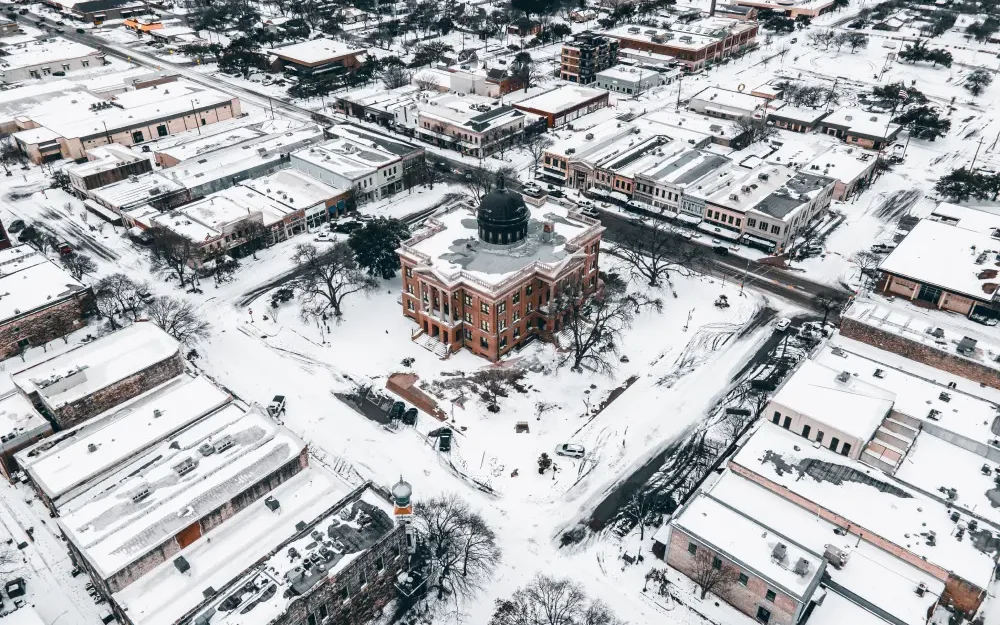
It’s important to prepare your home and family for winter storms, so here are some of the steps you should take. Taking these precautions can help keep your loved ones safe throughout an unpredictable winter season.
In order to prepare for winter storms and associated power outages, it is essential to have an emergency backup system. If possible, secure a portable generator, transfer switch, and the necessary connection box. Your generator should be placed at least 20 feet away from any building or structure in a well-ventilated spot with no combustible materials nearby. Always check manufacturer instructions prior use for best safety practices.
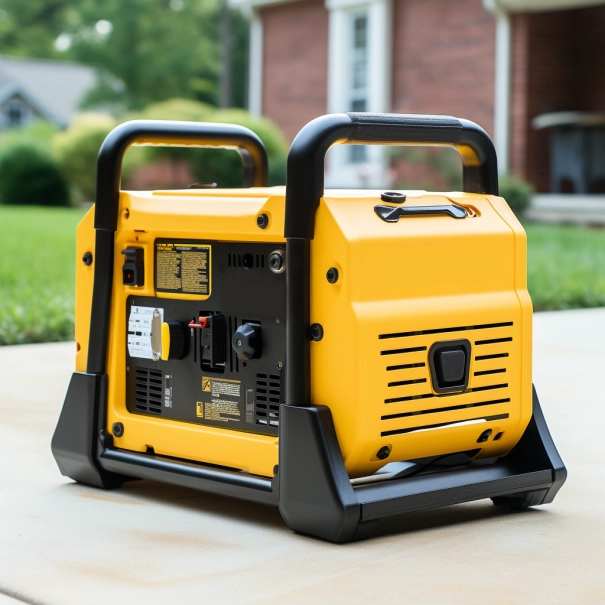
It is critical to safeguard your pipes from freezing during winter storms. If not protected, the water in pipes can freeze and burst leading to water damage that require costly repairs. Insulate exposed piping and make sure any cracks or openings near the pipes are sealed off. Leaving cabinet doors open allows warm air into the area around them.
It’s important to prepare your vehicle for winter storms and icy weather. Make sure the battery, tires, brakes, and windshield wipers are in optimal condition before driving during cold periods. Have all engine oils and coolant levels checked (especially brake fluid). Have a first aid kit on hand with items such as flashlights, blankets of extra warm clothes handy just in case something happens along the way!
During winter storms, it is essential to take measures for safeguarding your outdoor spaces and gardens from damage. You can start by disposing of any debris and then cover trees and plants with either a tarp or burlap. To protect outdoor furniture pieces and decorative items from high winds or extreme snowfall, use plastic sheeting plus bungee cords/rope to hold them securely in place.
Before the winter storm arrives, it is vital to prepare by getting adequate supplies. Below are some materials you should consider stocking up on before a winter storm:
Non-Perishable Food Items – Make sure you have various cans and containers containing food such as dried fruits, nuts, grains like rice and oats. These should all be stored in cool dry areas not exposed directly to sunlight.
Water Storage – It is very important to make sure that an adequate amount of water is available. One should have a minimum of one gallon per person in the house for at least three days and store this in heavy-duty containers labeled ‘drinking water’. Make sure to replace them every six months.
Medications and First Aid – Stock your home with any necessary prescription meds as well as non-prescription drugs such as pain relievers or antihistamines. Make sure you possess an extensive first aid kit.
Communication Tools – Staying in touch with family and friends as well as emergency services is essential. Have the necessary tools to do so: an operational radio that runs on batteries or manual power supply, a cell phone with extra battery reserves.
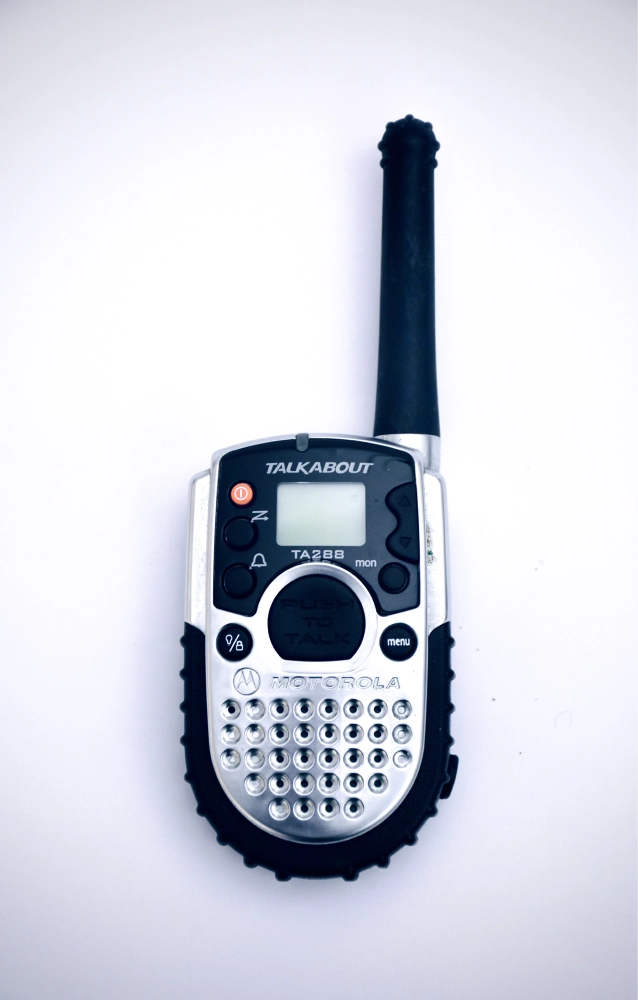
Entertainment and Morale Boosters – Having activities to keep morale and spirits high is an important part of remaining positive.. Stock up on items like books, board games, puzzles for entertainment, and art supplies such as pencils or paints.
For protecting your family during a winter storm, it is critical to put together an emergency plan. This includes having contact details of key individuals on hand, picking out a rendezvous point for the family in case of evacuation, and gathering important documents.
During a winter storm, having an emergency contact list is essential. Gather names, numbers and addresses of people to reach out in case of an emergency situation – family members, friends, neighbors, as well as relevant local authorities (e.g., your energy company), so information can be easily accessed if needed. Be sure everyone knows who these contacts are by sharing and reviewing the list with your household beforehand.
For winter storm safety, have an evacuation plan and practice it. Ensure everyone knows exit routes and alternatives for obstacles. Equip your car with an emergency kit: flashlights, extra batteries, first aid, blankets, shovels, and a phone charger. Designate family meeting points both near and away from home for any split-ups during storms. This ensures everyone has multiple safe spots in varying conditions.
During a winter storm, it is essential to have important documents handy. Put together medical records, identification papers, contact details of emergency contacts and all other vital paperwork in a waterproof/fireproof storage container. For extra security, safeguard digital copies too by putting them on a secure online platform.
Severe winter weather requires extra safety measures to be taken in order for you and your family to remain safe.
During the winter season, power outages may be caused by fallen power lines or electrical problems. It is essential to have an alternative source of energy in case a blackout happens and stock up on important items such as food that won’t spoil easily, water, medicine and communication tools. When there’s no electricity, avoid going near downed wires outside.
During a winter storm, if you have to drive, take it slow. Be aware of patches with snow or ice (especially black ice) and keep up-to-date by checking the weather forecast and subscribing for notifications. It is advisable to carry an emergency kit in your car that includes items like blankets, extra warm clothes, some non-perishable food supplies, water, and basic first aid materials for unexpected situations while driving on icy roads.
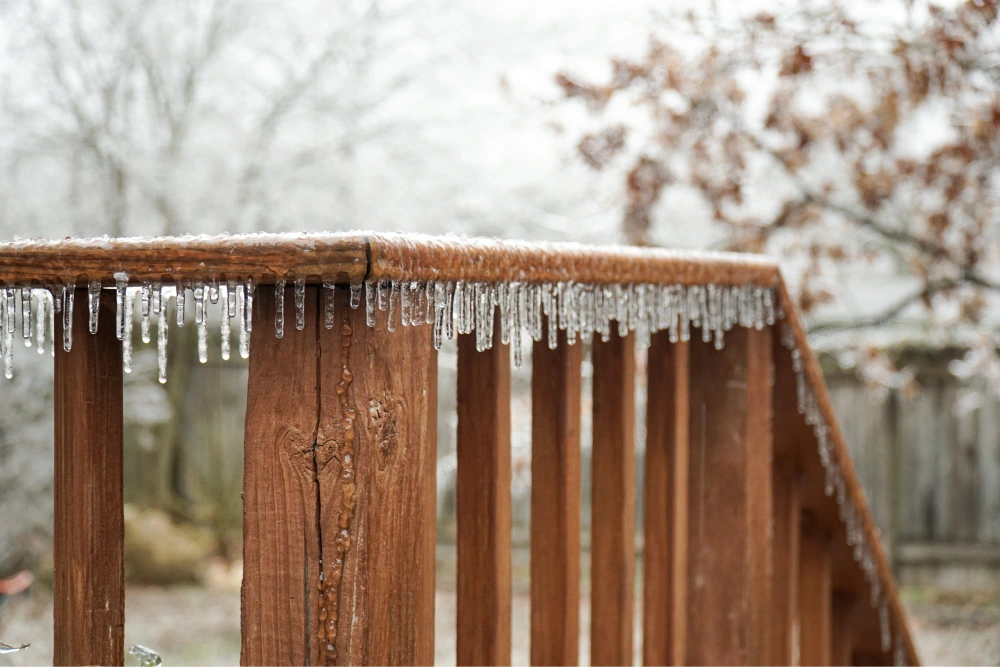
Shoveling snow can be physically draining and dangerous if not done correctly. To shovel safely, it is best to begin by pushing the snow in front of you rather than hoisting it up. Remember to use your legs instead of your back when lifting or scooping for extra protection against straining muscles. Make sure you take short rests often and remain hydrated while working so that overexertion does not occur. Following these steps will ensure a safe clearing of both snow and ice from the area around your home.
During winter storms, carbon monoxide poisoning is a serious threat. To keep yourself and your family safe from this danger, it’s important to install carbon monoxide detectors and to have heating systems and appliances inspected frequently. Never operate gas-powered generators inside the home.
If someone starts showing symptoms of carbon monoxide poisoning, move them out into fresh air right away and get medical help immediately.
It is imperative to be ready for winter storms in order to guarantee your safety and that of those you care about. To tackle severe winter weather, familiarize yourself with the terminology, organize your home beforehand, store up on necessary items, and develop an emergency communication plan. Always stay informed throughout the cold season and take all necessary steps towards being prepared and staying warm!
A winter storm watch typically indicates that hazardous weather such as sleet or freezing rain may occur in 12-24 hours time.
An official winter storm warning is issued when these conditions are either already taking place or are imminent.
Make necessary home preparations such as securing a power supply, winter-proofing your pipes, and protecting your outdoor spaces.
Stock up on supplies like non-perishable foods, extra batteries, and a first aid kit.
Stay indoors during severe weather conditions! If you must go outside, layer clothing and move or drive cautiously.
Graham Lumley, Digital Marketing Manager at BKV Energy, leads digital and traditional marketing strategies, focusing on educating Texans about the state's deregulated energy market. With over 8 years of marketing experience, he creates content to help consumers understand and save on their energy bills, bringing a fresh and dynamic approach to the industry.
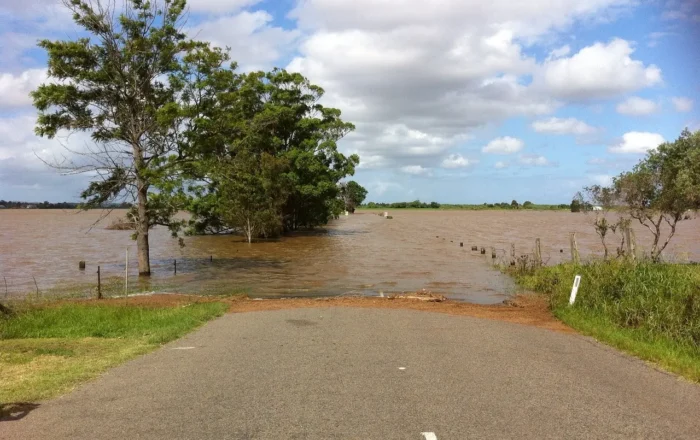
Flooding in Texas is driven by heavy rain, hurricanes, rivers, and rapid urban growth, making it one of the most flood-prone states in the nation.
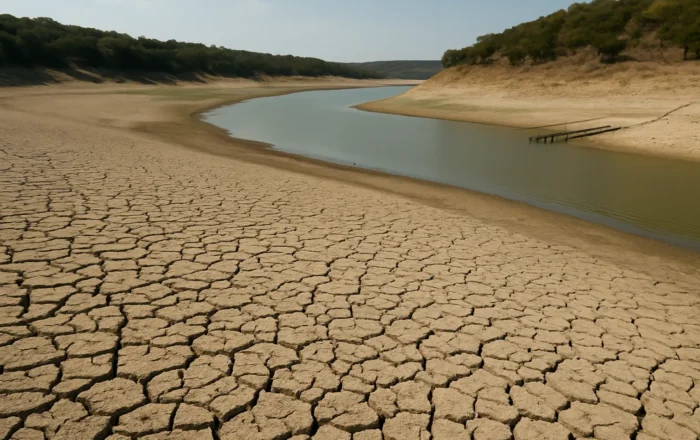
Texas has faced decades of drought cycles, but is the state still in a drought today?
Get $50 off your electric bill!
Use code BKVEJOINUS50
Enter your zip code to shop BKV Energy's affordable, fixed-rate Texas electricity plans. Use the promo code for $50 off your electric bill.